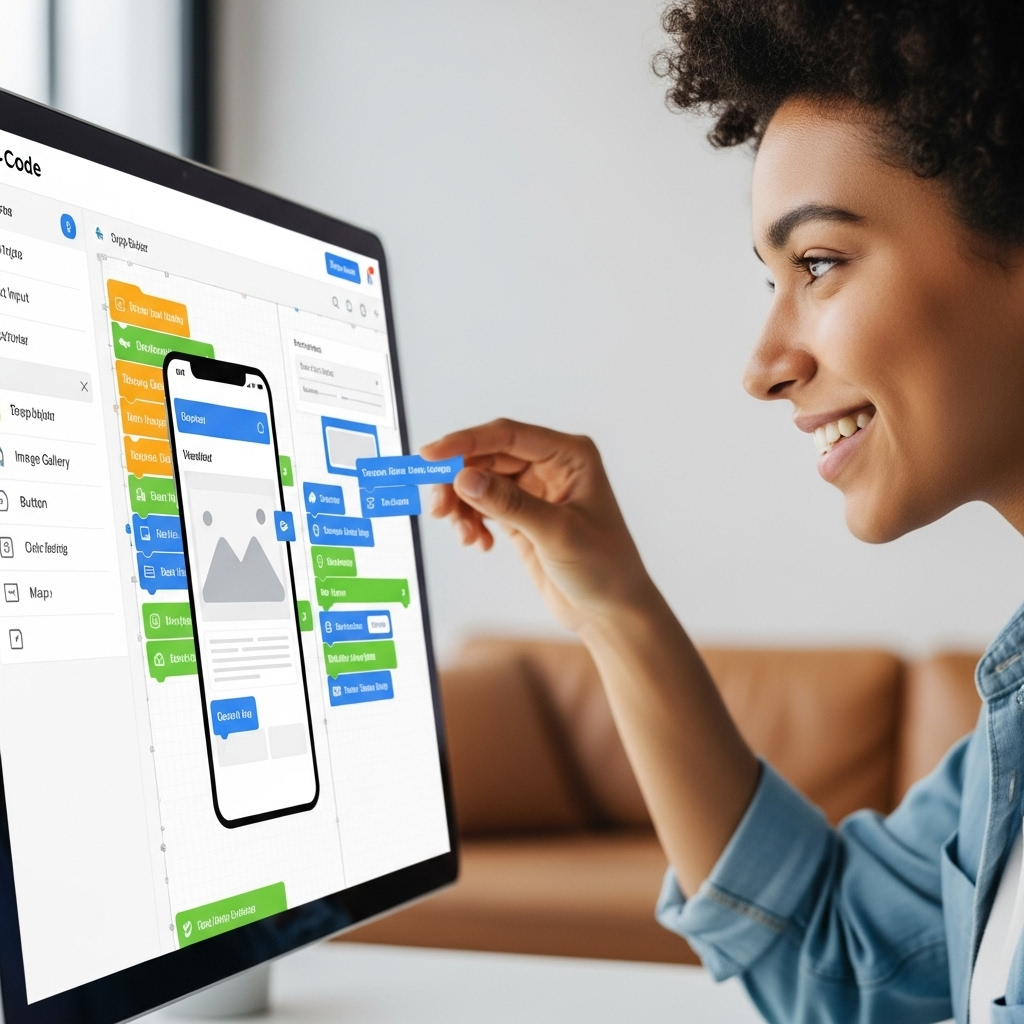Introduction: Why Understanding How to Develop an App Matters
Have you ever wondered how to develop an app but felt overwhelmed by the technical jargon? You’re not alone—and understanding this process can turn your ideas into something real, whether you want to build a business or simply solve a problem.

The Basics: What Does “Developing an App” Mean?
At its simplest, developing an app means creating a piece of software you can use on your smartphone, tablet, or computer. Think about the apps you use every day: for messages, banking, shopping, or even meditation. Each started as an idea, then went through several steps before landing in the app store. There’s a lot more behind every app than meets the eye, but don’t worry—you don’t need to be an expert coder to get started. Read more about app modernization here.
How to Develop an App: The First Steps You Can Take
For most people, the journey begins with an idea. Start by writing down what the app will do and who it’s for. Try to describe the problem it will solve or the need it fills. For instance, you might want to make scheduling appointments easier or help people find local events. Whatever it is, keeping your idea focused makes the rest of the process feel much less daunting.
Next, look at similar apps already available. This step is called market research. Download a few apps, take notes, and see what you like or don’t like. Sometimes, you’ll discover a gap or a feature no one else offers, which can help your app stand out.

Building Your Idea: Turning Thoughts into a Real App
Now, let’s bring your idea one step closer to reality. Start by sketching what the app could look like on paper or using free tools like Figma or even PowerPoint. These sketches don’t have to be perfect! They simply help you—and anyone you work with—visualize your concept.
Think through a user’s journey: How will someone open your app? What’s the first thing they see? What steps do they take to finish a task? Mapping out these steps is called user flow. Being able to show this, even if roughly, will be helpful later.
How to Develop an App Without a Technical Background
If you’re not a developer yourself, that’s completely okay. Today there are many no-code platforms that allow you to build basic apps without writing a single line of code. Tools like Glide or AppGyver make it possible for anyone to bring their ideas to life.
These tools work well for early prototypes or simple business apps. More complex features or custom designs will usually require working with developers. Either way, understanding what’s possible gives you confidence and keeps your project moving forward.

Finding the Right Help: Designers, Developers, and Other Partners
As your app takes shape, you might realize you need help. This is completely normal! Hiring designers and developers brings the expertise needed to tackle technical parts of the project. Ask friends for recommendations or look for teams with solid portfolios and great reviews. Websites like Upwork or Toptal are also good places to find experts.
If you prefer a more personalized approach, some companies—such as Blanmo—guide non-technical founders like you through every step of the process. Partnering with the right team can make your app journey smooth and less stressful.
Costs and Timelines: What to Expect When Creating an App
One of the most common questions is, “How much will this cost?” The answer varies based on your app’s complexity. Simple apps might cost a few thousand dollars, while more advanced ones can be significantly more. It’s a bit like remodeling a house—costs depend on what you want. Timelines range from a few weeks for basic apps to several months for larger projects.
Budget for more than just the initial development: hosting, updates, and marketing all have ongoing costs. Being realistic about your budget and timeline helps prevent surprises and ensures your project stays enjoyable.

Learning as You Go: Staying Involved in the Process
You don’t need to step aside just because you’re not a developer. Stay engaged: ask questions, provide feedback, and test new versions as they’re developed. Clear communication with your team will make sure everyone is moving in the same direction. Several free courses and online resources (like Coursera’s app development section) can help you learn relevant basics, so don’t hesitate to check them out.
Common Challenges and How to Overcome Them
It’s natural to face bumps along the way. Sometimes an idea may need to change, or technical hurdles can slow things down. The key is flexibility. If you don’t know how to solve a problem, ask your team for advice or search online communities such as Stack Overflow.
Remember, most successful apps go through several changes before being ready for the public—and that’s perfectly normal. Testing frequently and being open to feedback will help you create a better product in the end.
Next Steps: Resources and Tips for Future App Creators
The journey to learn how to develop an app is always unique. Every step you take, from sketching your idea to launching it for users, creates new opportunities. Take time to celebrate small milestones, and don’t rush: thoughtful planning keeps your project on track. Stay curious, keep asking questions, and use your passion as fuel. If you ever feel lost, connecting with supportive specialists—like our team at Blanmo—can make all the difference. Your great app idea deserves to come to life. Good luck!
